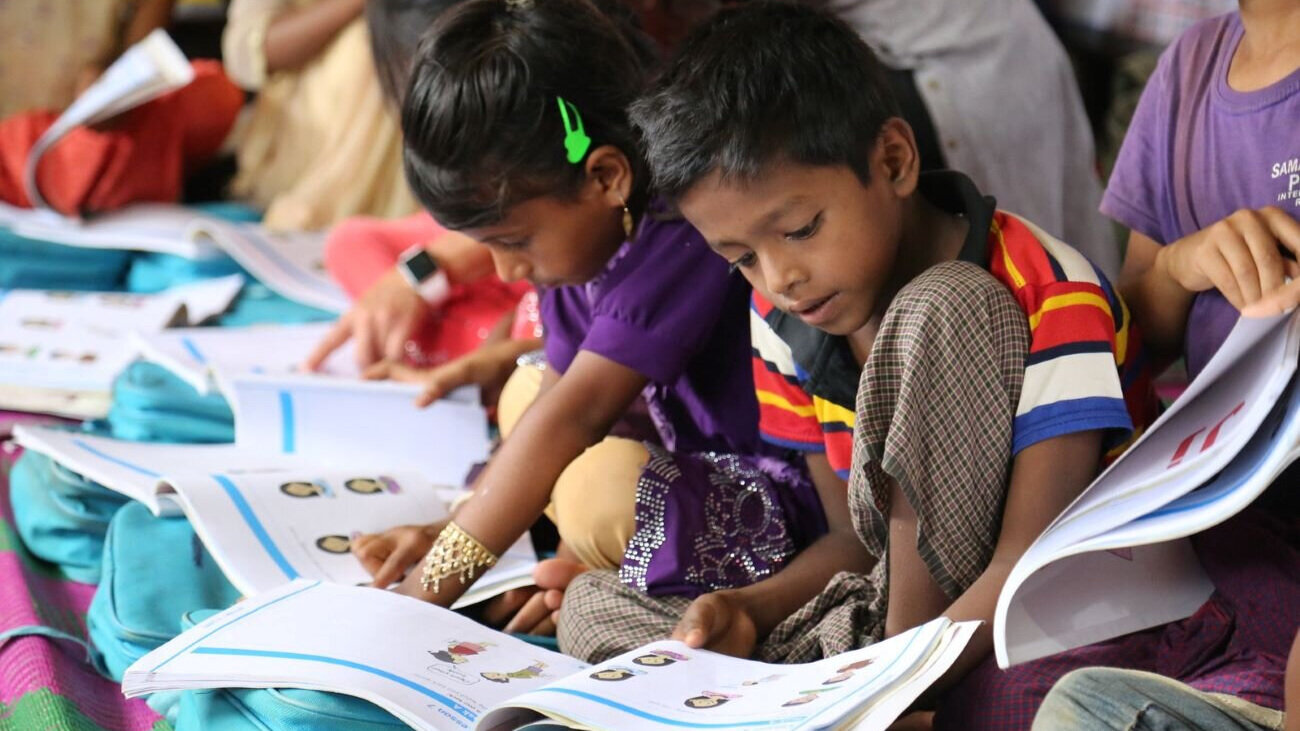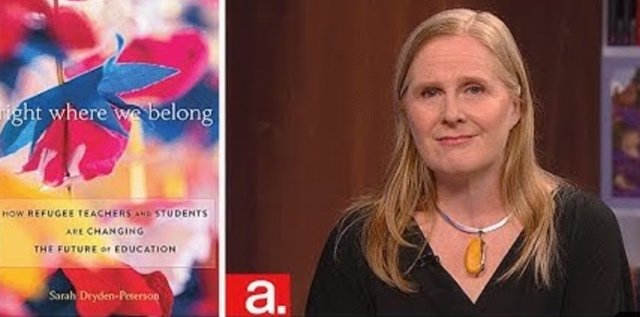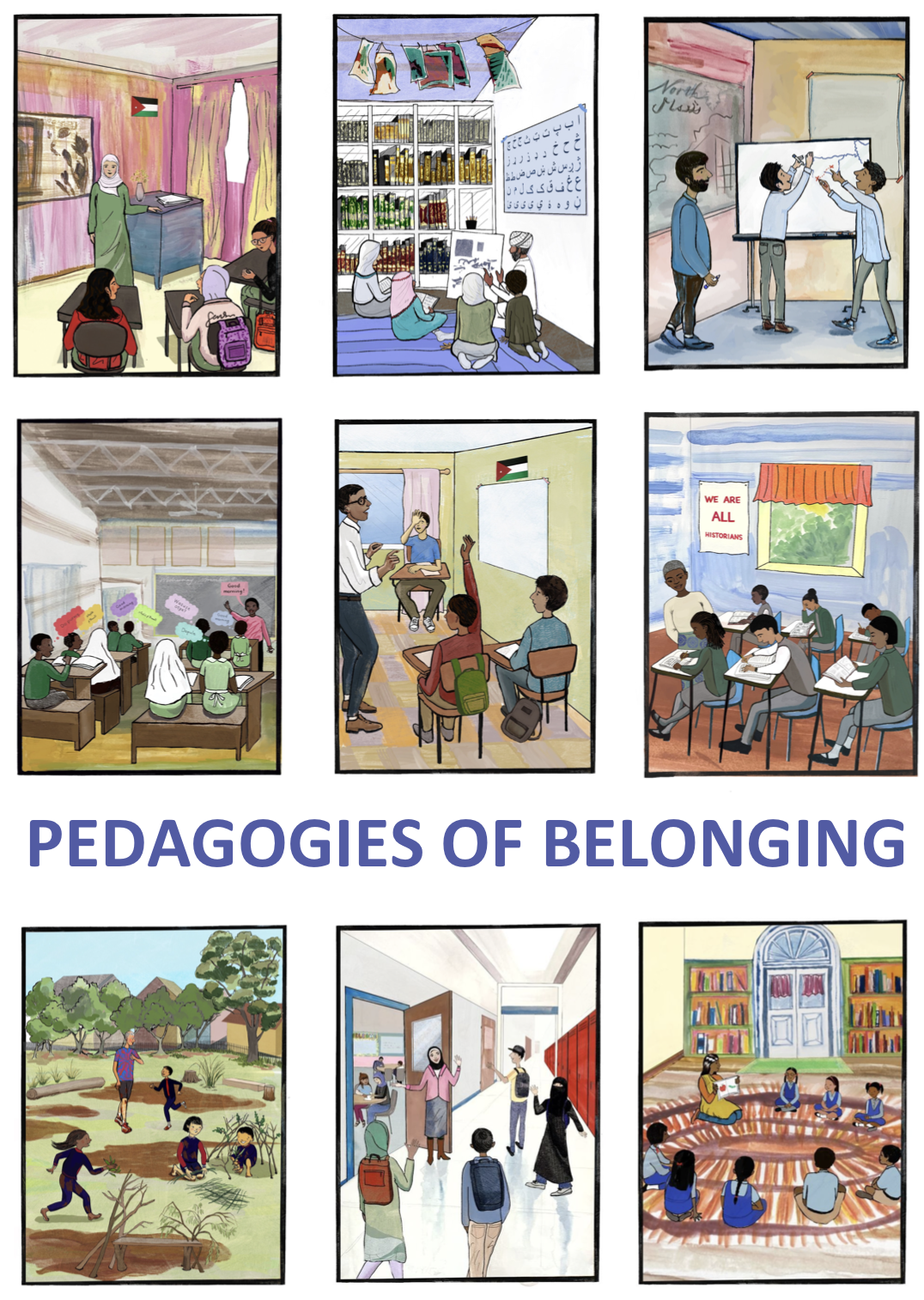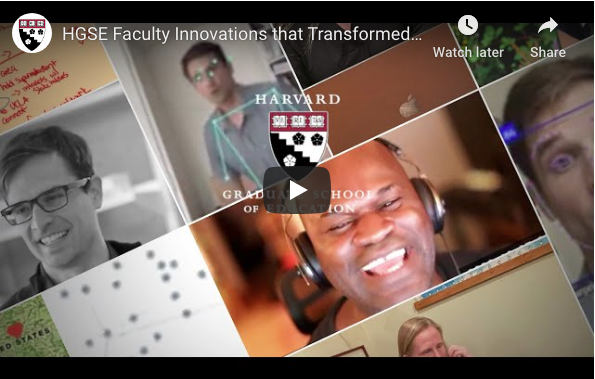Resources for K-12 Educators
How can our teaching and learning foster welcoming communities in settings of migration and displacement?
At REACH, we aim to provide K-12 educators with resources to support conversations with their students about experiences of migration and displacement. These resources promote discussions about inclusion and belonging and how to act on our collective responsibility for creating welcoming communities for us all.
Each of the resources are creative pieces developed by students at the Harvard Graduate School of Education based on interviews they conducted with individuals whose educational experiences have been disrupted by conflict, both inside and outside the classroom.
We challenge our students to keep the experiences of children, families, and teachers at the center of their learning and their thinking about educational policies and practices in settings of conflict. We find that when we ask questions seeking these perspectives, we get to the heart of what it means to learn, what it means to seek peace, and what it means to use education as a tool in the pursuit of peace.
ANIMATION & RESEARCH
New research by the Refugee REACH team examines pedagogies of care and belonging in refugee contexts. Research included 8 months of observations in public and private schools in Lebanon and over 100 hours of interviews with Syrian Grade 9 students, their teachers, and families.
An animation is also available for viewing, created in collaboration with PRIO, PositiveNegatives, and Sawsan Nourallah.
Click here to watch and learn more.
Ages 10-14, 15-18
Pedagogy & Research
As an Afghan-American, REACH Affiliate Zuhra Faizi draws on her understanding of experiences of students in both Afghanistan and the US in this resource, designed to support American educators to cultivate trust and build relationships with their new students.
The resource highlights three central elements that can cultivate trust: safe classrooms, community connections, and quality learning. It ends with questions to open conversations among educators, students, families, and community leaders.
Click here to learn more.
Audience: Educators
Blog
From our Covid-19 blog series: How community schools in the Central African Republic are using safe and creative responses with families and neighbors to continue teaching and learning during the global pandemic.
For the classroom: Supporting students to adapt to uncertainty, educators are using the Bigger, Stronger, Braver children’s book (available in English and Spanish) and as a read-aloud, including this sixth-grade teacher.
Ages: 5-9





















